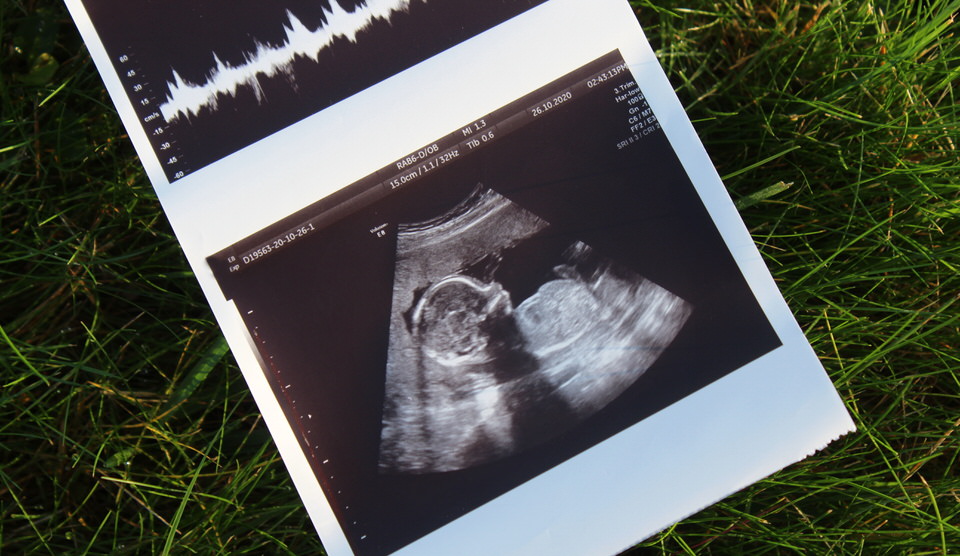
What are Primitive Reflexes?
Primitive motor reflexes begin developing in utero. Doctors often gauge the development of the child by the orderly progression of these reflexes. Under optimal circumstances, all reflexes “initiate” during the appropriate stage of the child’s development, “integrate” themselves as a fully functioning reflex, and then “inhibit” or fall away when it’s time to move on to the next developmental stage. It is vital that this occurs. If various reflexes fail to initiate, integrate and inhibit, the system is locked into a developmental holding pattern that prevents natural maturation of neural systems, inevitably leading to mild through severe learning and performance challenges.
Why Test for Primitive Reflexes in a Behavioral Optometric Examination?
Because the symptoms of retained primitive reflexes are so similar to the symptoms of a learning-related vision problem, it is very important that they are tested for as well. If any primitive reflexes are present or retained they can limit the amount of improvement that is gained from a vision therapy program.
The following retained reflexes are found to have significant impact on vision development:

Retained Reflexes Lead to Learning Challenges
For children, these challenges show up clearly in the classroom, where it is hard for them to keep up with grade-level expectations for academics and behavior. Those children most able to cope develop techniques for compensation. They just get by or succeed with great effort. Those children who are least able to cope often end up in specialized classrooms or alternative schools. They are at high risk for behavior and attitude problems, most often due to sheer frustration.
Children and teens with reflex challenges grow into adults with reflex challenges. They may end up with limited career choices, or may simply have to work extremely hard for each success. In any case, the common denominator is the need for struggle and effort against the invisible pull of these reflexes.
Compensation Takes Great Effort
Throughout our lives, we strive to compensate for any of these reflexes that may still be present. This compensation takes a tremendous amount of energy. Under stress, those with retention of these reflexes simply run out of energy to compensate and are less able to cope.
As a person ages, the energy to continue these automatic compensations becomes less and less available and the reflexes themselves begin to reappear in reverse order. As this happens, abilities fade and frustration emerges because of the tremendous effort required to do familiar tasks.
